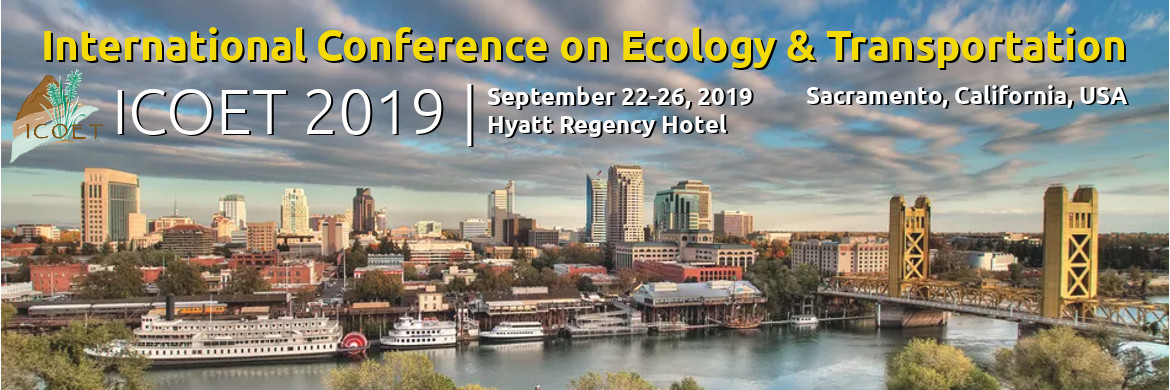Managing the environmental and social impacts of new infrastructure in Latin America will be a challenge given the unprecedented scale of planned investments in the next decade. Anticipated highway investments have generated increasing interest in research and the formation of national road planning networks. Our aim is to show the research efforts and different collaborative partnerships working towards road mitigation and better governance. A literature review on the ecological effects of roads in Latin America showed the majority of papers were from South America, while a small fraction were from Central America. Studies focused on mammals (36%), birds (12%), reptiles (9%) and amphibians (4%). More than half reported on mortality, while 27% on habitat fragmentation. National networks have been formed to leverage public policies for more sustainable transportation structures. In Brazil, last year a national network of road ecology experts (REET) was formed; it consists of more than 177 members with the aim of developing actions in areas of research, public policies, environmental education, training and communication. Mexico's efforts consist of workshops between government agencies, academics and conservation NGOs. RECOFSA in Colombia works with public and private road agencies at a national level to evaluate transportation impacts and create mitigation strategies. Vias Amigables con la Vida Silvestre (Costa Rica) has organized multi-stakeholder workshops and training courses for agency and consultancy staff in Central America. Highway mitigation projects are growing exponentially with many case studies across Latin America. Mexico's Nuevo Xcan-Playa del Carmen Highway has 28 wildlife underpasses and resulted in the first published study of crossing structure use by jaguars. Nine mitigation projects have been implemented in key protected areas and corridors in Argentina, including the first wildlife overpass in Latin America. Several key highways in Costa Rica have incorporated wildlife crossings informed by research. Although Latin America has lagged behind developed countries in creating sustainable transportation networks in their regions, there has been high interest and political engagement in training, changing practices and policies, and working with financial lending institutions. A Latin American Transport Working Group (LA TWG) was formed as part of the IUCN Connectivity Conservation Specialist Group. The objective of the LA TWG is to unify and share information and experience across borders. Many of these efforts are conducted at the national level and have not crossed borders and taken a transboundary approach yet. We conclude by identifying the future challenges and needs for improving national and transboundary planning, policies and frameworks for creating ecologically sustainable infrastructure networks in a rapidly changing Latin American landscape.
Partnerships and Collaborative Approaches for Improving Transportation Ecology
Latin America
Networks
Mitigation
